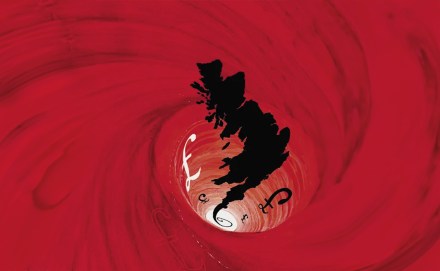Meet the techno-optimists hoping to save the world
Future House is a weird private members’ club. There’s a mattress on the floor for napping, a bathtub designed to hold ice and bottled beers, a robot dog imported from China and a purple neon sign that reads: ‘Just F***ing Build Something.’ Around 9 p.m. on a Wednesday, the place is rammed. ‘I missed the dotcom era, I’m not missing this one,’ someone says. ‘People need to stop moaning about artificial intelligence,’ says another. Future House, in an old coaching house in Hackney, is described on its website as ‘London’s techno-optimist members’ club’. Techno-optimism? Adherents believe that technological progress is the best way to fix the world’s problems. Techno-optimism is





















